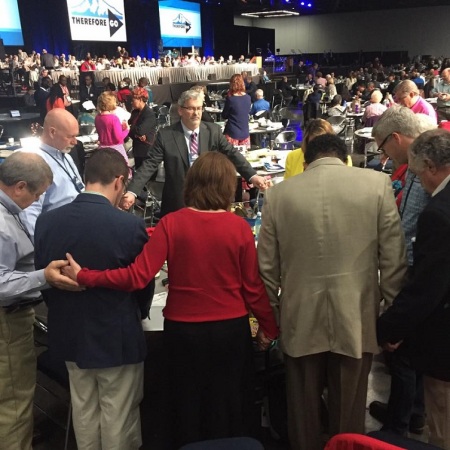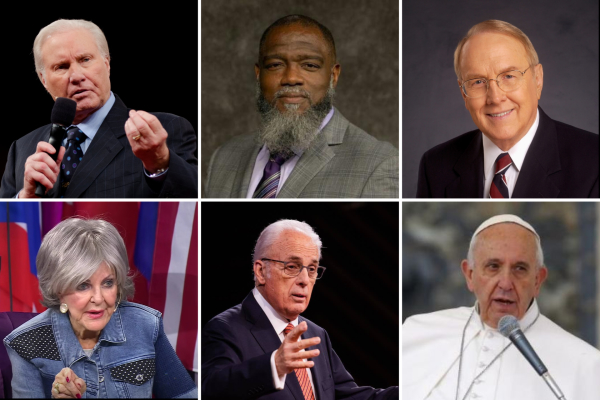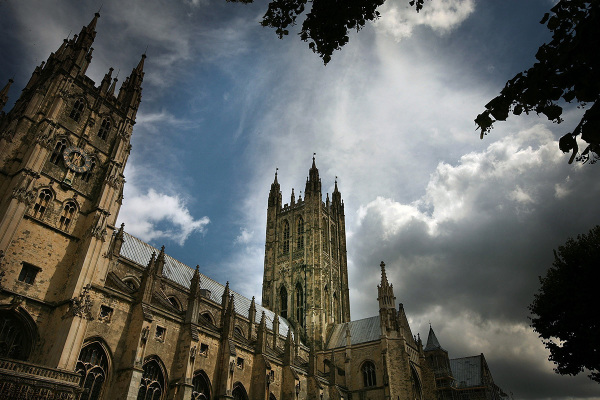5 important Church stories to look for in 2019
UMC Special Session of General Conference on homosexuality stance

April 2017, the United Methodist Church Council of Bishops announced that there will be a special session of General Conference held Feb. 23-26 in St. Louis, Missouri to determine a resolution to the denomination’s years-long debate over its stance on homosexuality.
For decades, the UMC’s Book of Discipline has held that homosexuality is “incompatible with Christian teaching,” banning the ordination of non-celibate homosexuals and refusing to bless same-sex marriages.
In advance of the special session, the UMC also organized a commission that hammered out three major plans meant to resolve the divisive internal debate: “The One Church Plan,” “The Traditional Plan,” and the “Connectional Conference Plan.”
The Traditional Plan would keep the current stance of the UMC on LGBT issues, plus guarantee more enforcement and possibly allow dissenting churches an easier process for leaving the denomination.
The Connectional Conference Plan would restructure the denomination and establish multiple loosely connected conferences, each with a different position on the debate, with local bodies getting to choose which conference to join.
The One Church Plan, which is favored by most UMC bishops, would maintain the overall church structure, but it would allow regional bodies and congregations to determine their stance on LGBT issues.
Many both within and without the UMC have noted the likelihood that the special session will lead to a schism within the mainline Protestant denomination.





















